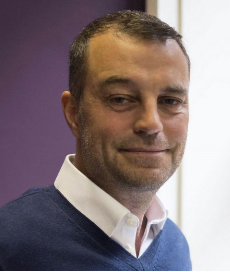A breathing space moratorium can only be started by a debt advice provider who is authorised by the Financial Conduct Authority (FCA) to offer debt counselling; or a local authority (where they provide debt advice to residents)
The debtor must be:
• An individual living in England or Wales (includes sole traders)
• Owe a qualifying debt to a creditor
• Not have a debt relief order or an individual voluntary arrangement, or be an undischarged bankrupt
• Not already had a breathing space in the previous 12 months
If you are struggling to cope with existing debts or arrears, you should check your availability under these new regulations. Such protection could be of huge value to debtors who have fallen into debt largely as a result of cash flow issues stemming from your leaseholder situation and/or from the immediate impact of the COVID lockdown.
It is important to remember however that these are temporary measures, and ones which can help a number of people who would benefit from additional time to address their financial obligations. However, it is not a solution to debt problems, it's merely breathing space to be able to take stock of your situation and take time to access the support that you need.
If, for example, you have had increased demands for payment due to cladding issues and you are struggling to juggle your creditors each month and make payments on time, there are options available. Creditors can be contacted and new monthly payments can be arranged this can be done informally by contacting creditors individually or through a Debt Management Plan (DMP) or more formally through an Individual Voluntary Arrangement (IVA). If you contact me I will be able to advise as to the best way forward for you. I can also explain the implications if you need to stop making payments or reduce payments to creditors on a monthly basis.
There are always options available to individuals who are experiencing financial difficulties and I am happy to spend time talking through those options with any leaseholders affected by the problems we are all facing. As a leaseholder also engulfed in the Cladding nightmare (Krupa Building, Manchester) I want you to know that I am in the same boat as you and I want you to know that free and impartial debt advice is available to you. All you have to do is give me a call on
0161 835 9513 or
07960 077 252 is probably better as I work from home at the moment. I can also be contacted through my email address
mark.skinner@farleys.com.
I understand the hardest part of dealing with problem debt is making the first phone call or contact. Please don’t hesitate to contact me at any time to discuss things; I know I will be able to help you.


